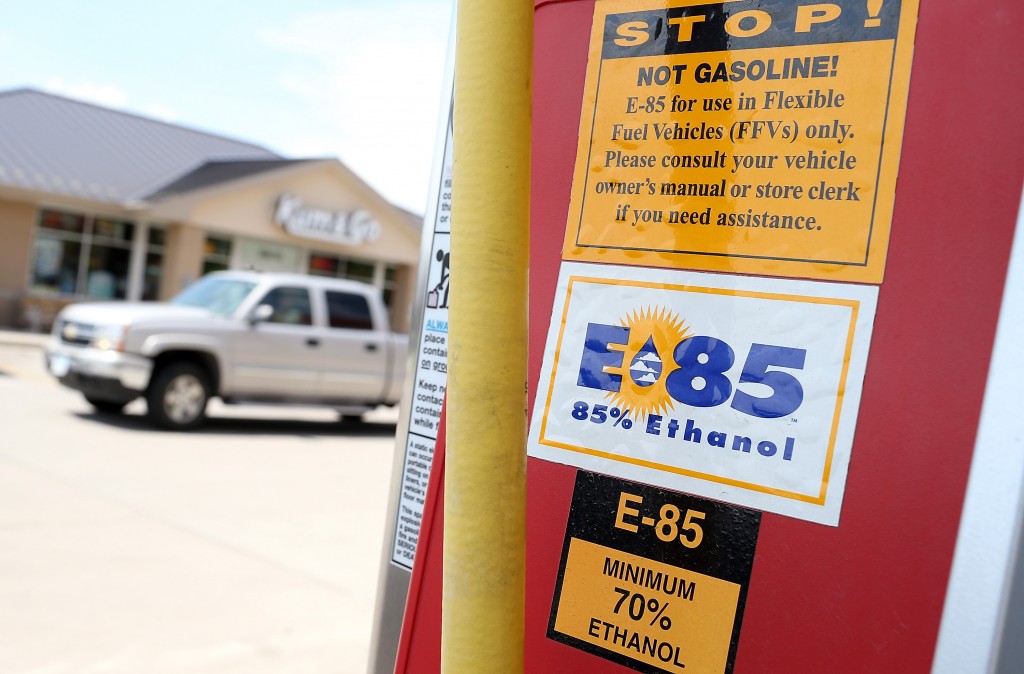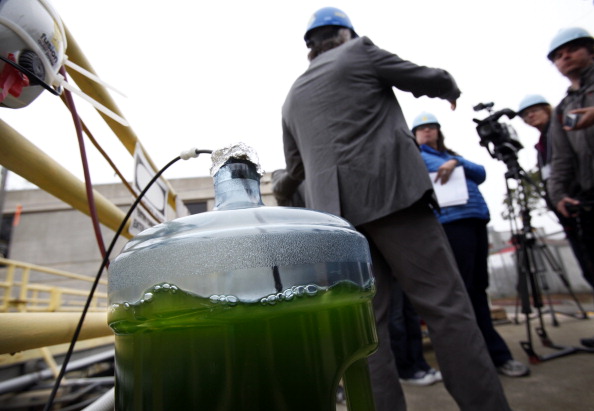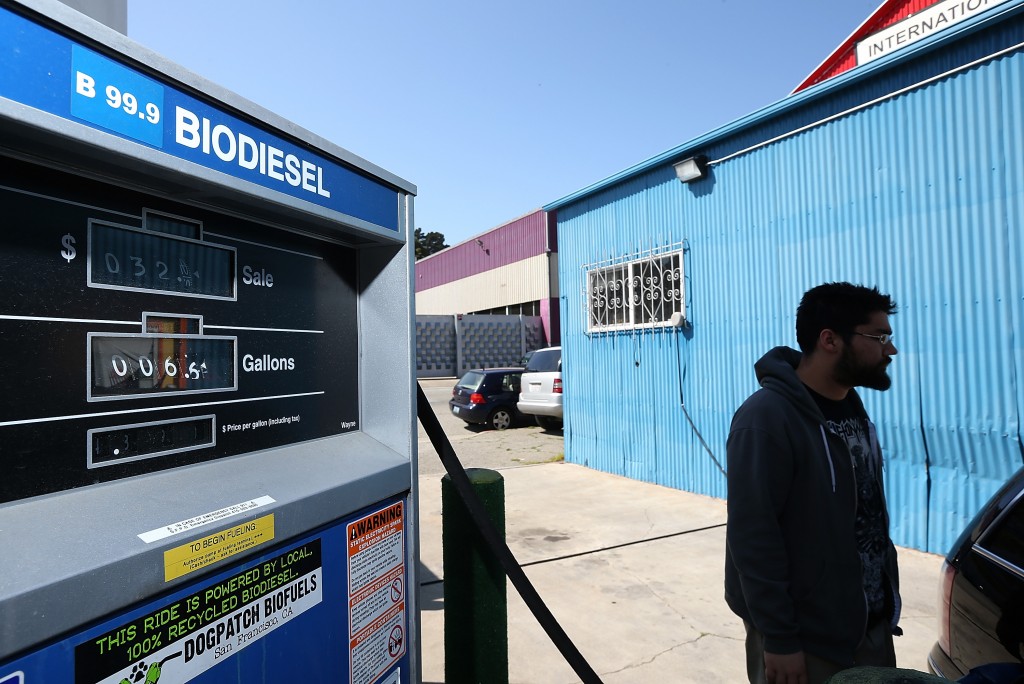Ethanol requirements for U.S. gasoline appear to be losing friends and influencing the wrong people, with calls growing to reform or scrap the government mandates altogether. The Environmental Protection Agency in November proposed reducing the amount of renewable fuels, including corn-based ethanol, that oil refiners must blend with gasoline. The rule is a centerpiece of… Keep reading →
Biofuel
Sign up and get Breaking Energy news in your inbox.
We will never sell or share your information without your consent. See our privacy policy.Algae based biofuel production is growing as the market for alternative fuel continues to expand. This video, the latest in advertising campaigns from Algenol Biofuels, is certainly eye catching. The video captures the simplicity of algae biofuel that is integral to its feasibility. New research has drastically improved the efficiency of the process of making… Keep reading →
Is the Renewable Fuel Standard broken beyond repair? It depends who you ask, but it’s certainly problematic. The RFS enforced by the EPA was originally envisioned as a way to get more biofuel into the US transportation fuel market, but changing technology and consumption patterns have required continual adjustments to the law. The EPA recently… Keep reading →
The debate about using ethanol and advanced biofuels to further US environmental goals recently reached a crescendo when the AP released a deeply-researched investigative report into the biofuel industry’s green credentials. The report came out right before the EPA announced its proposed 2014 biofuel blending requirements, a highly controversial issue unto itself. The degree to… Keep reading →

The American Fuel & Petrochemical Manufacturers filed comments opposing the US Environmental Protection Agency’s (EPA) proposed rule Regulation of Fuels and Fuel Additives: 2013 Renewable Fuel Standard (RFS).
“I have long asserted that the RFS is broken and is harmful to countless parties, but nothing has been done to address the problems it has created,” said AFPM President Charles T. Drevna in a statement. Keep reading →

DOE’s Clean Energy Manufacturing Initiative would accelerate manufacturing of clean energy products and strengthen competitiveness of the U.S. clean energy sector in the global energy market.
On March 26, 2013, the Department of Energy (DOE) announced a new program – the Clean Energy Manufacturing Initiative – to support manufacturing of clean energy products in the U.S. The DOE announced the initiative at the opening of its Oak Ridge Carbon Fiber Technology Facility in Tennessee. The facility manufactures cost-efficient and lightweight carbon fiber used in electric vehicles, energy storage components, and wind turbines. According to the DOE, carbon fiber can reduce the weight of a passenger car by 50% and enhance fuel efficiency by approximately 35%. DOE estimates that the material could cut the weight of vehicles by up to 750 pounds by 2020. Keep reading →

It’s been a long road, but the government-backed ZeaChem cellulosic ethanol demonstration plant in Oregon is finally turning out fuel.
The company announced the step this week, calling the Boardman plant “among the first operational cellulosic biorefineries in the world.” It’s a bit of good news in the seemingly illusory realm of ethanol made from non-food feedstocks, which have been slow to fulfill their promise of extricating the industry from the food vs. fuels debate. Keep reading →

The Renewable Fuel Standard (RFS), a federal policy requiring that ethanol be blended into the U.S. gasoline supply at annually increasing amounts, has been touted by the biofuels industry as the solution to a myriad of energy woes. But in the seven years since the policy was enacted, the RFS has failed to meet its goals of protecting the environment and reducing dependence on foreign oil. It has and is forcing Americans to pay more for fuel, and it has raised food prices around the world. And yet, ethanol lobbying groups continue to argue on behalf of the policy, armed with an array of invalid claims:
Myth: “Oil is the cause of casualties abroad and economic volatility at home.” Keep reading →
There is a contentious debate underway regarding mandated ethanol blending into gasoline that touches on issues like food versus fuel and the sanctity of free markets. The severe drought that hit the US this past summer reduced corn crop yields – a major ethanol feedstock – and sparked calls for a waiver of the Renewable Fuels Standard that reportedly uses some 40% of the US corn crop to produce ethanol.
When Breaking Energy recently sat down with two industry analysts and asked them about mandated ethanol blending, we received decidedly anti-RFS viewpoints. In this video, David Rewcastle, Senior Energy Analyst with Source Capital Group and Michael Lynch, President and Director of Global Petroleum Service with Strategic Energy Economic Research explain why government-mandated ethanol blending into gasoline is flawed and suggest how the system might be improved. Keep reading →

The wind power industry wasn’t the only renewable energy winner in the fiscal cliff deal that cleared Congress late Tuesday – the legislation also showered taxpayer largess on the producers of various categories of biofuels.
The bill [PDF] included tax credits and depreciation rules that support cellulosic ethanol and revived, retroactively, a biodiesel tax credit that had expired at the end of 2011. Algae also won a spot as a favored biofuel. Keep reading →




